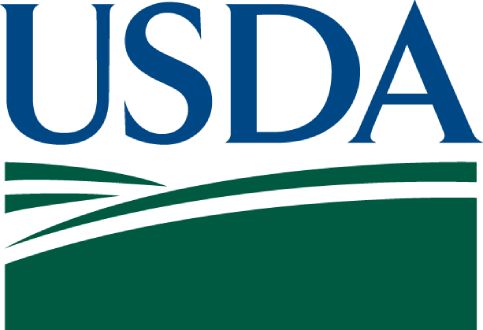Project Overview
This study seeks to understand and examine a range of factors related to child support cooperation requirements in SNAP, including policy motivation, operational features and challenges, impact on participants, and costs. Using a mixed-method design, the study focuses on eight states, five of which have a SNAP child support cooperation requirement in place and three that do not.
Since 1996, States have had the option to require Supplemental Nutrition Assistance Program (SNAP) applicants and recipients to cooperate with the child support program in order to receive the full SNAP benefit. Nine states currently have adopted this policy option. To address the gap in knowledge about the implementation and impact of cooperation requirement policies on SNAP and child support program operations and the families they serve, the Agriculture Improvement Act of 2018 required an independent evaluation of child support cooperation requirements in SNAP. This study, sponsored by the U.S. Department of Agriculture (USDA) Food and Nutrition Service and conducted by Mathematica in partnership with MEF Associates, was carried out in response to this congressional directive. It provides the most comprehensive picture to date of cooperation requirement policy features and their implementation in states with this requirement, and offers lessons for states considering adopting this requirement.
U.S. Department of Agriculture, Food and Nutrition Service

Over the past decade, there has been increased interest among some policymakers at both the State and Federal levels to mandate cooperation with the child support program as a condition of SNAP full benefit receipt. In the 2018 Farm Bill (Public Law, 115-334), Congress directed the Food and Nutrition Service (FNS) in the U.S. Department of Agriculture (USDA) to conduct an evaluation of child support cooperation requirements in SNAP. FNS contracted with Mathematica and its partner MEF to conduct this evaluation.
To assess the implementation, effects, and costs and benefits of the cooperation requirement policy in SNAP, the evaluation employs a mixed-method design that included over 150 interviews with state- and local-level SNAP and child support staff, intensive in-depth interviews with 200 SNAP participants, and an outcomes and cost-benefit analysis of child support and SNAP administrative records in the study states. Of the nine States that currently require cooperation with child support in SNAP, five States participated in this study: Arkansas, Idaho, Kansas, Michigan, and Mississippi. The study also included three States—Ohio, Tennessee, and West Virginia—where there had been recently proposed legislation or administrative actions to mandate a cooperation requirement in SNAP.
This congressionally mandated study offers the most comprehensive picture to date about the implementation and effects of the cooperation requirements in SNAP, and how this policy requirement is experienced and perceived by families with low-incomes. As such, the study is a valuable resource for Federal and State policymakers and practitioners who are considering implementing this type of requirement for households receiving SNAP benefits. The findings will be released in a two-volume final report, expected in mid-2024.
Evidence & Insights From This Project

Evaluation of Child Support Enforcement Cooperation Requirements in SNAP
This congressionally mandated report presents the most comprehensive picture to date about the implementation and effects of the cooperation requirements in SNAP, and how this policy requirement is experienced and perceived by families with low incomes.
Learn MoreRelated Staff
Efficiency Meets Impact.
That's Progress Together.
Mathematica delivers evidence-based solutions to optimize programs and policies for effectiveness, efficiency, and impact. Learn more about becoming a client or partner.
Work With Us

